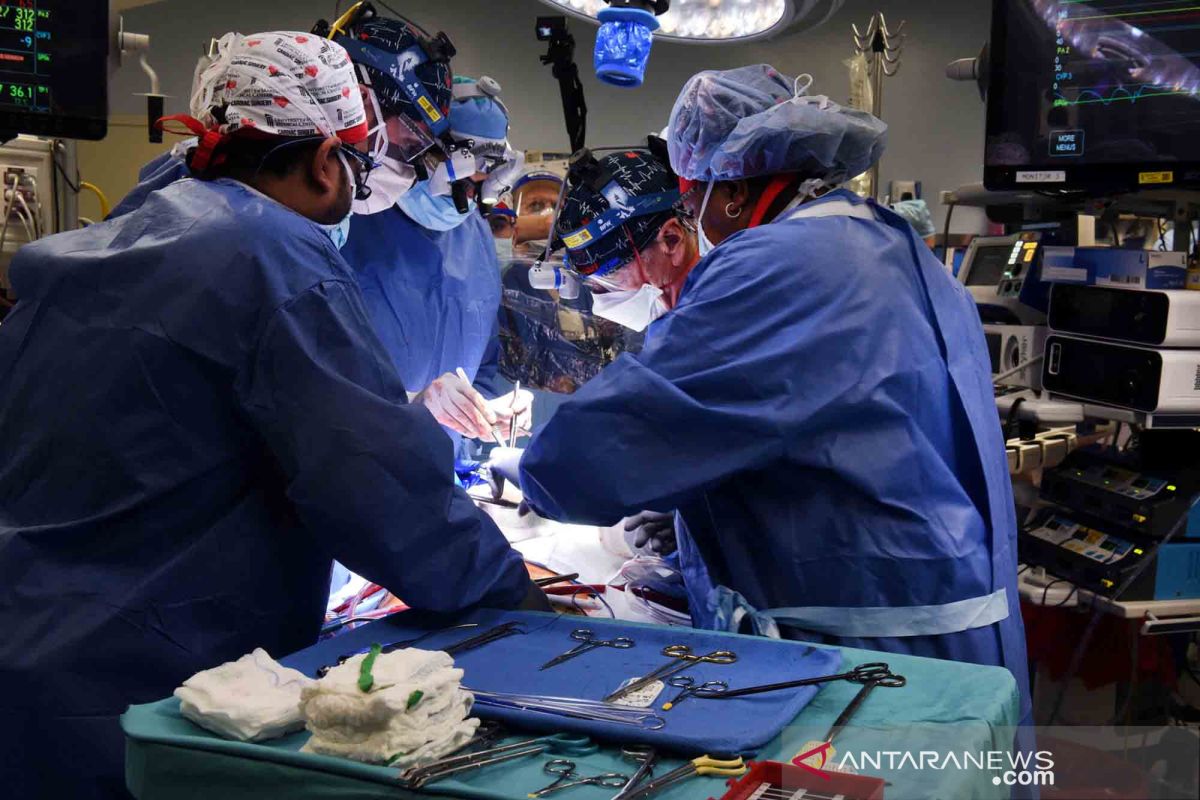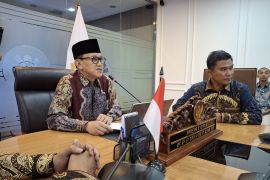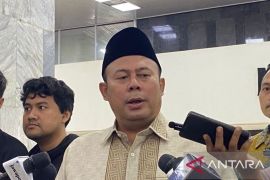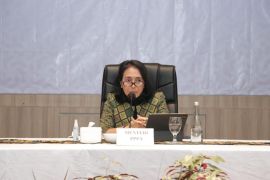The transplant of an animal organ to human, or xenotransplantation, is a fascinating phenomenon to explore from a research standpoint, he remarked.
However, several factors, including ethical and cultural aspects, should be taken into account in conducting xenotransplantation or a procedure that involves transplantation, implementation, or insertion of animal cell, tissue, or organ into the human body.
On a separate occasion, Acting Head of BRIN's Life Sciences Research Organization Iman Hidayat stated that the door remains open for Indonesian researchers to explore animal to human organ transplant.
However, factors related to ethical and religious law should be taken into account, as majority of the Indonesians are Muslims, who consider certain animals, such as pig, as haram, or forbidden.
This is especially since there are other options, such as transplating an artificial organ and cell transplantation to fix an organ's functioning.
According to information from the US Food and Drug Administration, the development of xenotransplantation is driven by the fact that demand for human organs for transplantation far exceeds the supply.
Although it bears a potentially huge benefit, there are concerns that xenotransplantation could result in infection to the recipient that could spread to others close to them.
BRIN's researcher, Sandi Sufiandi, noted that pig to human heart transplant could be conducted through genetic modification, so that it could function in the human body.
Genetic modification is conducted by removing three genes that reduce the risk of rejection by the human's antibodies.
Moreover, six human genes are added to promote organ acceptance, while one growth gene is removed to ensure that the organ expanded after being transplanted.
Related news: Pig to human heart transplant viable through gene modification: BRIN
Related news: BRIN providing financing for developing COVID-19 detection devices
Related news: BRIN head highlights problems plaguing research in Indonesia
Translator: Martha S, Fadhli Ruhman
Editor: Sri Haryati
Copyright © ANTARA 2022








